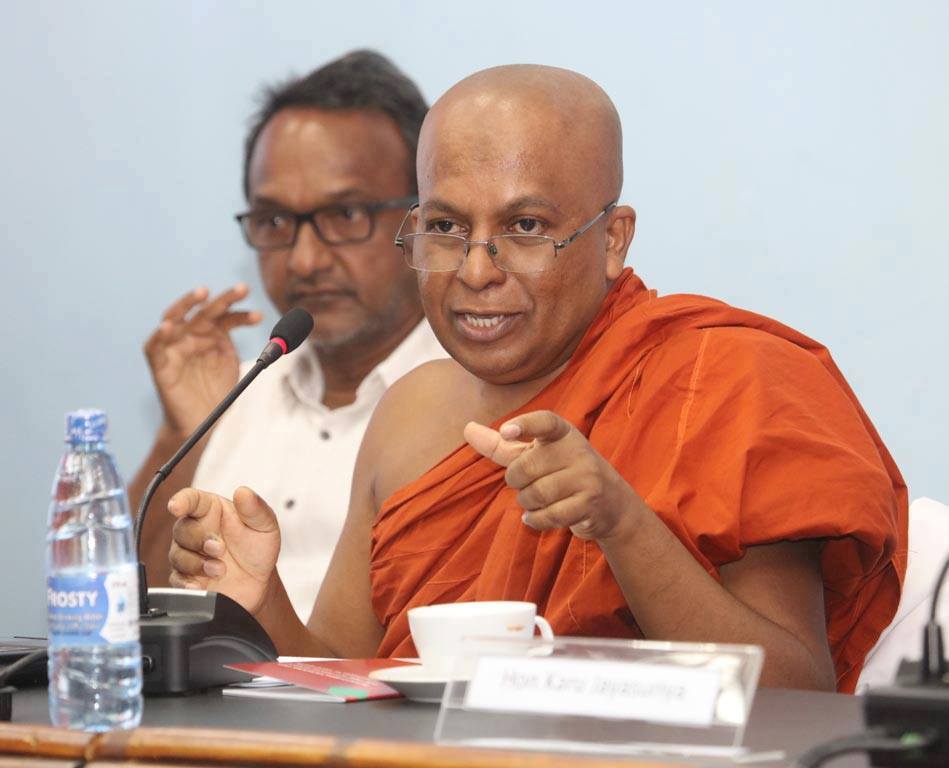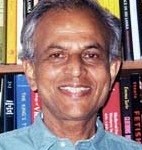Buddhism & Good Governance: The Case For A Sangha Rebellion – Part II
Continued from yesterday….
The constitution of 1978 helped accelerate and broaden one of the most damaging developments in the political culture of contemporary Sri Lanka. This is the replacement of the first-past-the-post system with “proportional representation” in electing representatives to Parliament. It perverted the principle of representation on the one hand and promoted a culture of corruption on the other. In the first-past-the-post system, an elected representative represented an electorate or a “seat”, which was of manageable extent. In contrast, in the system of “proportional representation” introduced by the 1978 constitution, the electorate was replaced by a “district” of much larger extent that needed to be represented by a plurality of parliamentarians. These were elected in a system of “preferential votes” with the voters marking their candidates in order of preference. Since the district was a much larger territory than the electorate, the electoral campaigns of the candidates needed to be cast much wider, involving massive amounts in campaign money. This encouraged the growth of a class of illicit financiers willing to foot these campaign bills, and parliamentarians willing to use the power of their office to amass the wealth to pay back these “entrepreneurs”, while taking care not to forget themselves. And these “entrepreneurs” often had ties to the mafia as did some of the MPs themselves. After four decades of this system, corruption in elected officers has become the hallmark of politics, and the practice has been swiftly generalized to the lower echelons of both the political and administrative hierarchies. The abolition of the first-past-the-post system also had the adverse effect of the electorate and its MP loosing the close relation they had with each other, diminishing the democratic process of constant communication between the MP and his/her grassroots.

The constitutional changes of 1978 also involved a change from the Westminster model of government to a presidential model, with unprecedented concentration of power in the President. The Westminster model has been the island’s preferred (and inherited) parliamentary framework since well before independence, and had served the country well by making a signal contribution to the fostering of parliamentary democracy. While President J.R. Jayewardene (1906-1996) who led this constitutional change does not seem to have embraced the Sinhala Buddhist worldview, he does seem to have believed in a pre-eminent position for the majority as did many of his parliamentary colleagues. This is an inference we might make from his turning a blind eye to the 1983 violence on Tamil civilians by Sinhala mobs for days before action was taken, a telling instance of both the breakdown of law and order and compromising of the society’s value system.
Just as he reformed the constitution, President Jayewardene also reformed the existing largely state-controlled economy by introducing an “open economy”. This brought about mixed results. On the one hand it liberalized the economy, attracting significant foreign capital, but in its unabashed promotion of limitless consumerism it has been blamed for seriously compromising the country’s value system (see E.R. Sarachchandra, Dharmista Samajaya, 1982). Under President Jayewardene’s successor Ranasinghe Premadasa (1924-1993), the open economy continued and thrived. So did the negatives — black money, the mafia, corruption and the suppression of dissent –portraying vividly the crisis in law and order and the value foundations of the society. It is widely believed that it was the government that abducted and killed the actor and playwright Richard de Zoysa (1958-1990) and dumped his body in the sea. The president himself was killed violently by a suicide bomber as he was participating in the May Day parade of 1993.

 By
By 